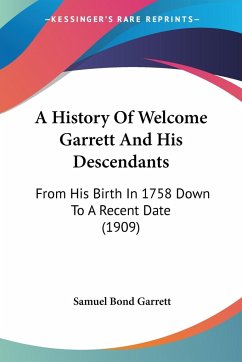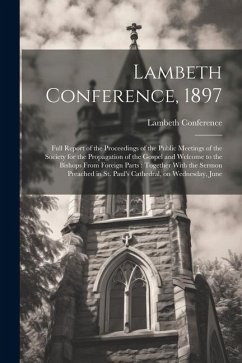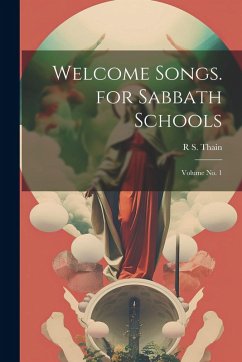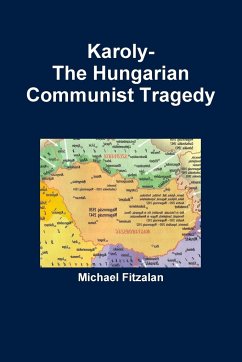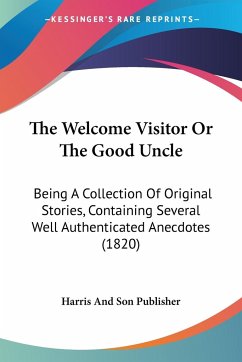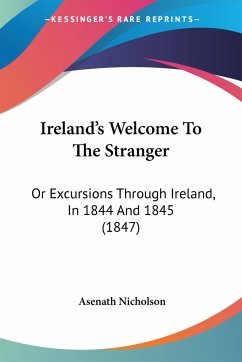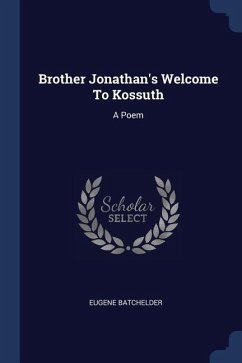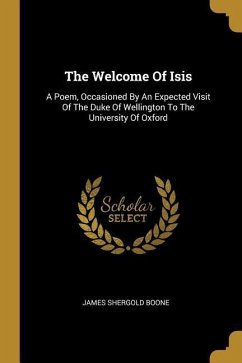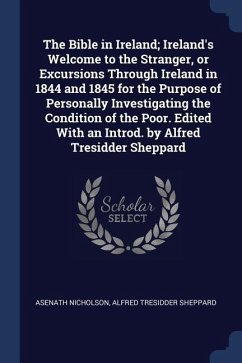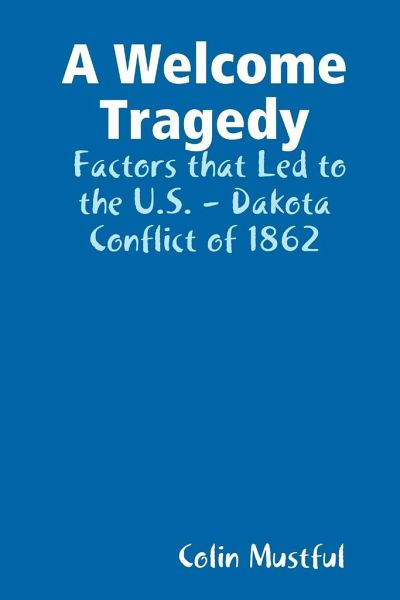
A Welcome Tragedy
Factors that Led to the U.S. - Dakota Conflict of 1862
Versandkostenfrei!
Versandfertig in 1-2 Wochen
10,99 €
inkl. MwSt.

PAYBACK Punkte
5 °P sammeln!
On December 26, 1862, the United States Government hanged thirty-eight Dakota Indians in Mankato, Minnesota, for their participation in what is known as the U.S. - Dakota Conflict of 1862. This remains the largest mass execution in U.S. history. But the hangings and the depredations that preceded them were not the result of an isolated incident or event. The Conflict did not occur by chance. Rather, it was the foreseeable result of years of misconduct, fraud, and exploitation. Recommendations were made and warnings were given, but nothing was done. The Indians System fostered neglect, nourishe...
On December 26, 1862, the United States Government hanged thirty-eight Dakota Indians in Mankato, Minnesota, for their participation in what is known as the U.S. - Dakota Conflict of 1862. This remains the largest mass execution in U.S. history. But the hangings and the depredations that preceded them were not the result of an isolated incident or event. The Conflict did not occur by chance. Rather, it was the foreseeable result of years of misconduct, fraud, and exploitation. Recommendations were made and warnings were given, but nothing was done. The Indians System fostered neglect, nourished corruption, and welcomed tragedy.





